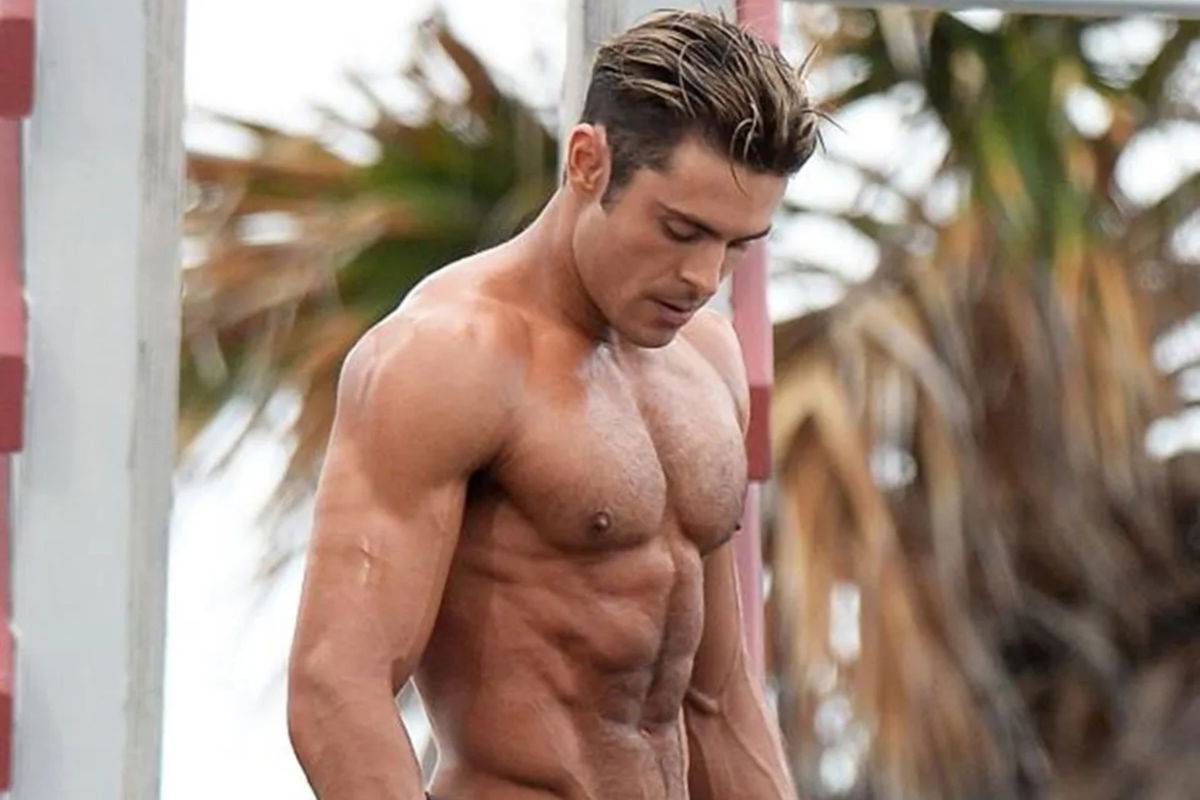

Exercise Scientist Dr. Mike Israetel is not mincing words when it comes to actor Zac Efron’s explanation of muscle growth. In a recent video, Efron suggested that muscle growth occurs when fibers are damaged and then rebuilt thicker and stronger. However, Dr. Israetel isn’t buying it.
Watch What’s Trending Now!
According to Efron, muscle fibers get “thicker and fatter” after being damaged and repaired. But Dr. Israetel disagrees, calling the idea “all wrong. That’s total nonsense.” He argues that muscles don’t need to be physically torn apart to grow. Instead, it is the tension and metabolites produced during exercise that likely stimulate muscle growth.
Dr. Israetel dismisses the notion that muscle damage is the primary driver of growth. He believes that while damage may play a role in activating growth signals, it’s not the whole story. “The story that we damage and then the body responds to that by growing is maybe at best halfway true,” Israetel exclaims.
ADVERTISEMENT

ADVERTISEMENT
In response to Efron’s theory, Dr. Israetel emphasizes that muscles don’t necessarily need to be “pulled physically apart” to grow thicker. He refutes the notion of muscles getting “thicker and fatter” as a result of being damaged, stating that such a process would constitute a “macro injury.”
This clash of perspectives highlights the ongoing debate within the fitness community about the mechanisms behind muscle growth. While Efron’s explanation may sound intuitive, Dr. Israetel challenges conventional wisdom and advocates for a deeper understanding of the physiological processes involved. Earlier Dr. Mike Israetel and Jeff Nippard, in a YouTube video titled “OVERRATED: The Worst Fitness Advice Ever,” discussed differing opinions on exercise soreness.
ADVERTISEMENT
Does soreness affect muscle growth?
Nippard dismissed soreness as a reliable gauge for muscle growth, stating how the notion of “If you didn’t get sore… you didn’t build muscle” was untrue. Israetel, on the other hand, emphasized soreness’s significance, especially in evidence-based bodybuilding circles. He argued that soreness correlates with factors like intensity, volume, and metabolic stress, all crucial for muscle growth.
ADVERTISEMENT

Nippard countered by pointing out that soreness doesn’t always mean muscle growth, citing examples like running a marathon causing soreness without muscle gains. Israetel disagreed, suggesting that even marathon runners can experience muscle growth initially. Their exchange highlights the complexity of muscle growth and the limitations of using soreness as a sole indicator.
ADVERTISEMENT
Dr. Israetel’s blunt dismissal of Efron’s theory critically evaluates popular fitness beliefs. As research continues to uncover the complexities of muscle hypertrophy, it’s essential to approach the topic with an open mind and a willingness to question conventional wisdom.
Top Stories
Everything You Need to Know About Mr. Olympia’s Sole Owner Jake Wood, Who Also Brought Ms. Olympia Back
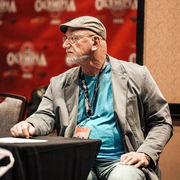
“They’re Promoting Unhealthy Lifestyles”: 43-YO IFBB Pro Sides With Greg Doucette During His War Against the Tren Twins
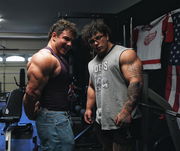
Top 5 Older Bodybuilders/Fitness Influencers Over 50 Who Are Defying Age and Inspiring Others
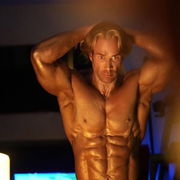
Jay Cutler vs. Ronnie Coleman: Net Worth Comparison Between Olympia Champions
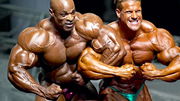
Natural Bodybuilder Unveils Startling Results After His Wife Took Creatine for a Mere 30 Days
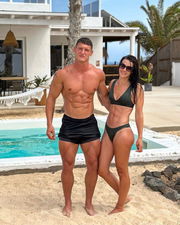
ADVERTISEMENT
ADVERTISEMENT
ADVERTISEMENT

